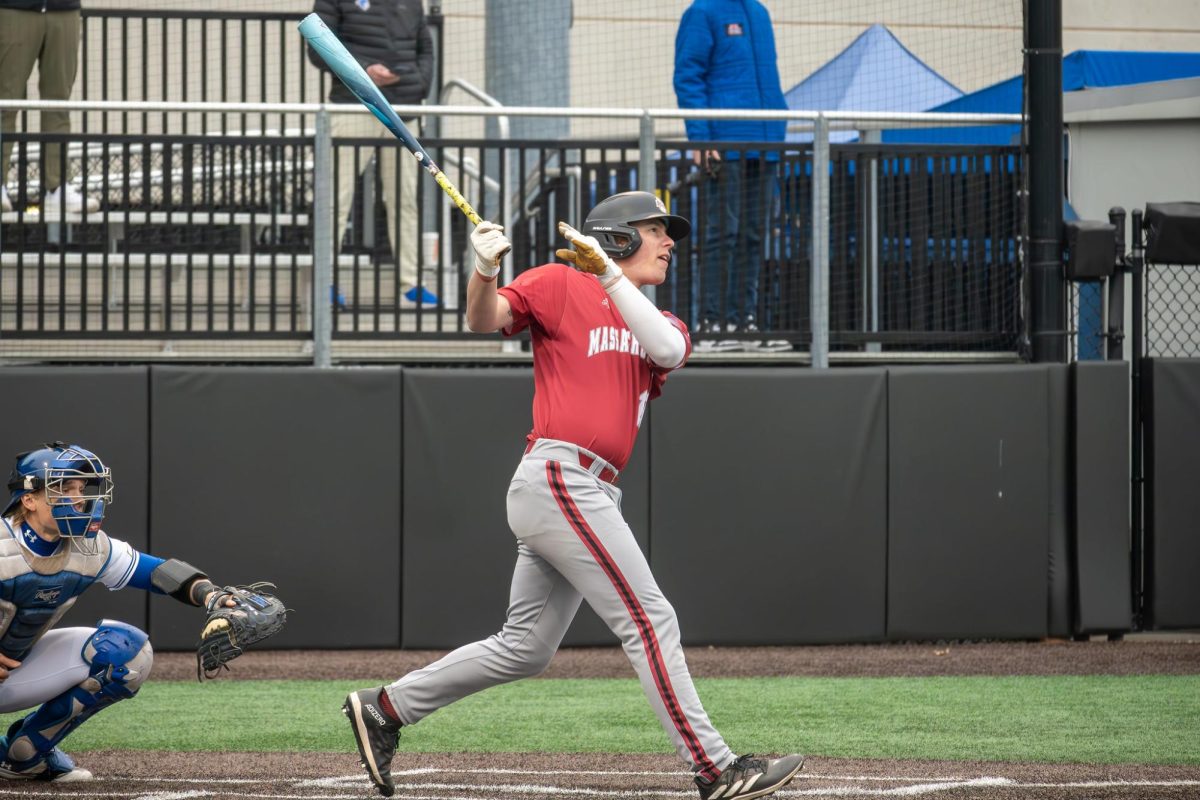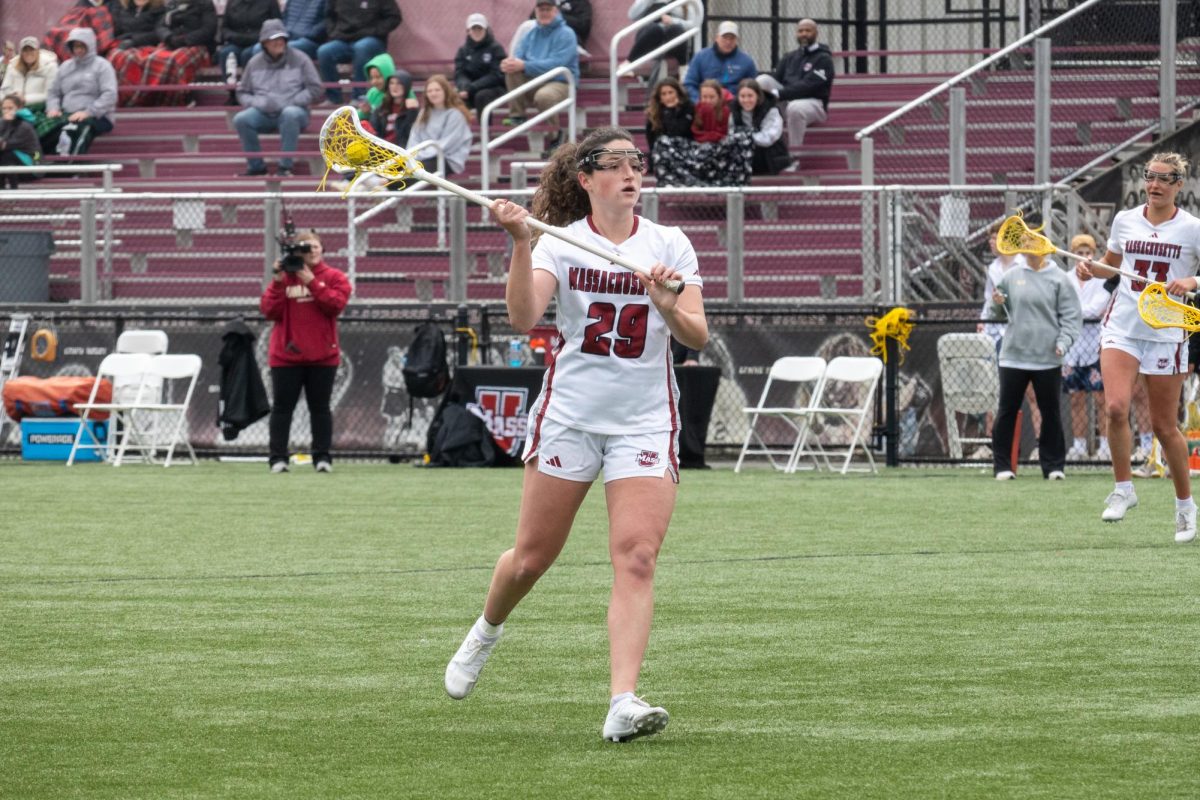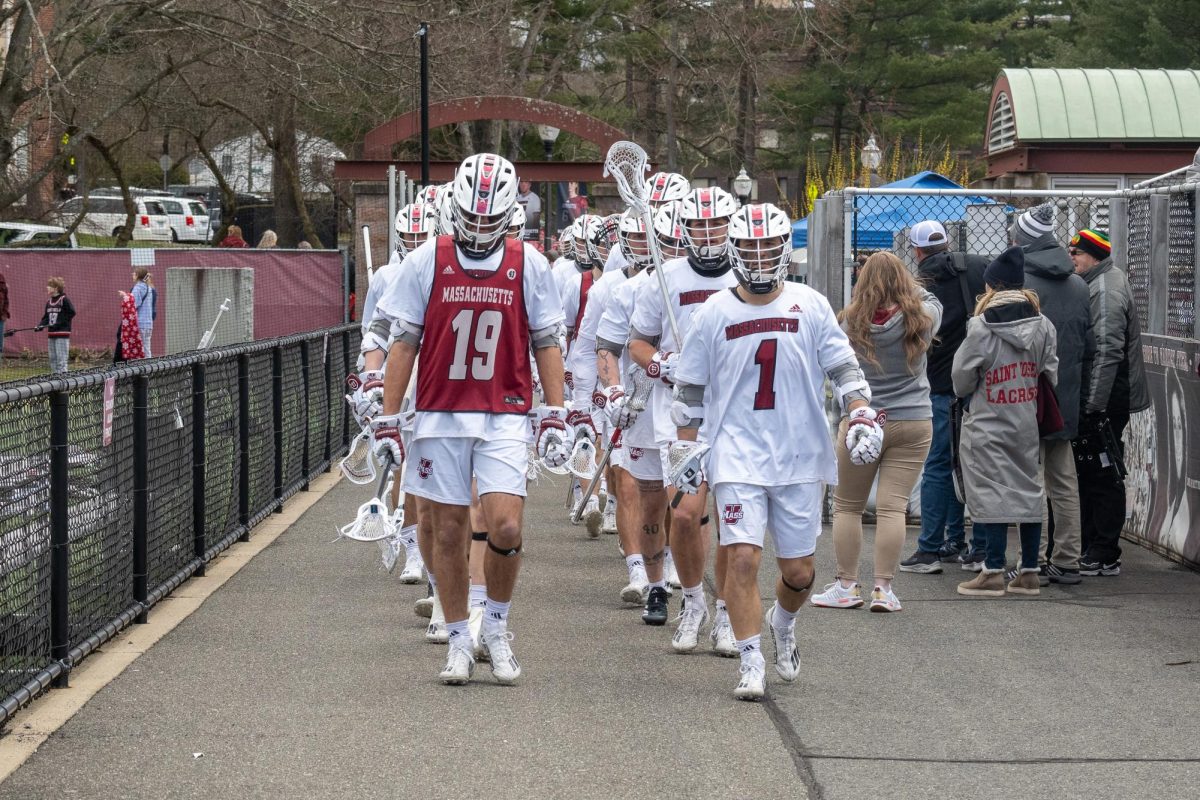
Thanksgiving can be lackluster, whether you are forced to suppress 95 percent of your real personality around your relatives to avoid a fight, if you’re an international student and can’t travel back home for the break, or if you don’t get to have any kind of Thanksgiving at all.
With those kind of potential scenarios, Friendsgiving is starting to gain popularity as an unorthodox take on one of the quintessential American holidays. It’s an amped-up potluck, vaguely themed around two things: autumn and whatever you can contribute to the meal. But within those boundaries, there’s endless room for innovation.
Friendsgiving is a holiday affair rooted in mutual consent, and with just a few principles born of necessity, it’s infinitely adaptable. It can be anything from a simple meal in your home (or dorm), to a genuine extravaganza of people coming together with their very best recipes and foodstuffs. Regardless of how Friendsgiving is coordinated, there are practical steps to consider. Some of them are seemingly obvious points, but others are not so much.
First, you need access to a kitchen. Your average apartment or house kitchen will do if you plan out who uses what to prepare their dish (if it’s not already made when they arrive). In past Friendsgivings I have attended, everyone gathered in dormitory kitchens to prepare fresh food, and of course were mindful of cleaning up after themselves.
Second, make sure to bring food in proportions suited to sharing. If a dish is popular, you don’t want to run out of it. If it’s not, well, you can beg your friends to take your leftovers at the end of the festivities, and thank your host for having you. If you’re the host, you will probably end up with a wide variety of leftovers to repurpose, for better or worse.
Third, be prepared to share, but be mindful of special circumstances. Gluten-free or nut-free dishes, for example, go a long way in letting attendees partake without going into anaphylactic shock. To be inclusive to attendees with dietary needs, have them be clarified to the group before the cooking process.
If you’re hosting, consider opening up spots on your couch, or enlisting participants with spaces on their couches, for any attendees who can’t drive home, either for lack of transport or lack of sobriety. The consequences of putting up with a slightly bothersome morning guests far outweigh the consequences of letting a friend drive home under the influence.
Fourth, be yourself. If you come from a culture whose culinary expressions are unfamiliar to American cuisine, or you just have unique tastes as a chef, an offering that brings that education will always be more welcome to Friendsgiving than a pale, half-hearted attempt at something that “fits into” the expected cuisine of Thanksgiving. People love staples like mashed potatoes and apple pie, but an unexpected variation on cuts of turkey or other poultry with the spices and sauces of your family’s culture will surely be a crowd pleaser.
Friendsgiving is a step above a conventional Thanksgiving because it isn’t just about bringing people together. It’s about coming together on your own accord to make an experience that is glued together by the enthusiasm of being in one another’s company. It’s a holiday, a holy day, on your own terms.
Griffin Lyons can be reached at [email protected].


















